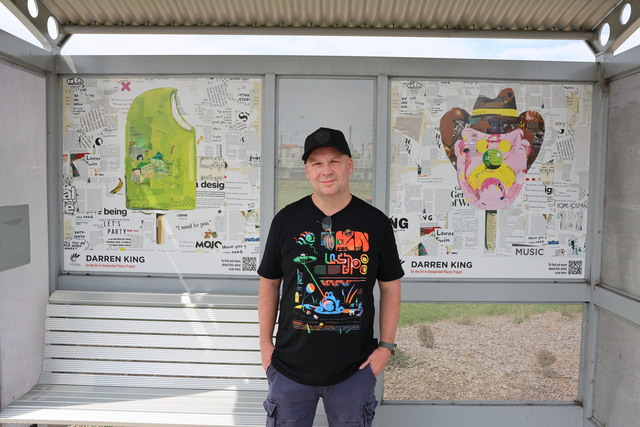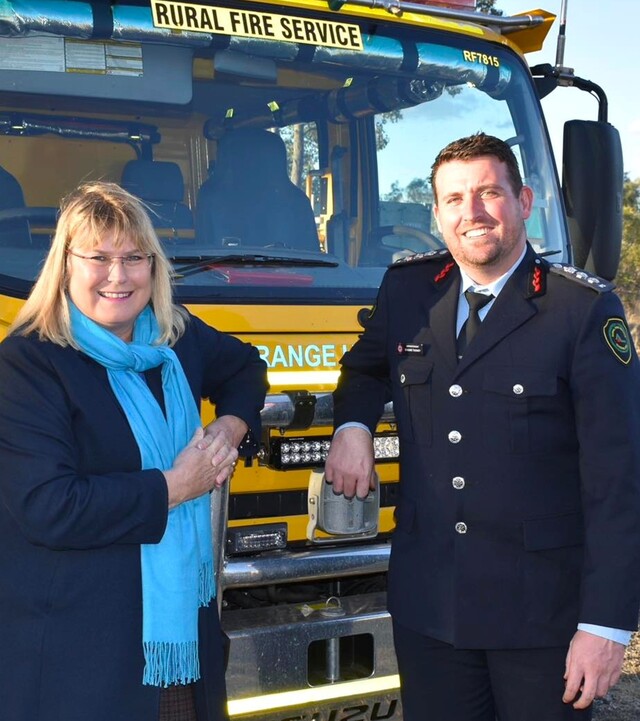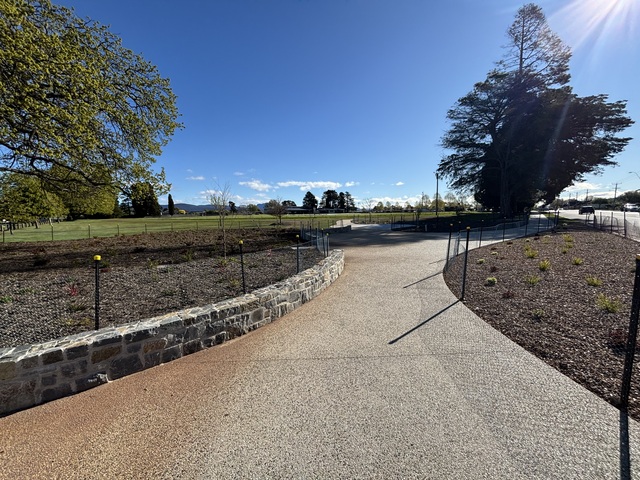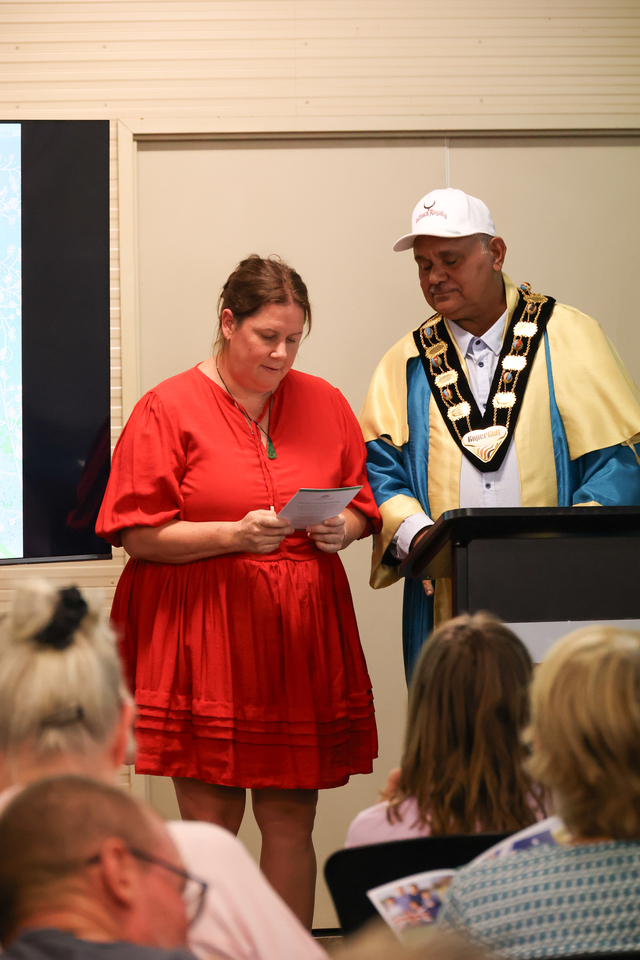In March this year, an Australian National University (ANU) poll found that respondents ranked the environment first, followed by the economy, when asked what were the dominant problems facing this nation. However in ANU’s most recent poll, this result was reversed, with the economy being placed slightly ahead of environment.
This is not too surprising a result given the extensive media coverage of both international and domestic financial uncertainties. The so called global financial meltdown is reverberating far and wide. In just a few short weeks it appears the market is no longer the panacea for all evils, rather it is Governments (armed with taxpayers’ money) that are being called on to provide the bailouts and make policies to stabilise the situation.
There have been calls from some quarters that with the current financial uncertainties, tackling climate change through an emissions trading scheme should be delayed. Others have been quick to point out that climate change has long term implications for our very future, while market ups and downs are a short term fact of life.
Proponents of early action to tackle climate change argue that this will be cheaper in the long run, as delayed actions will be more costly, placing an even greater burden on the economy. The Federal Government’s recent Treasury modelling indicates that acting earlier will save as much as 15 per cent in long term costs.
There is no doubt that most people are aware of the long term implications of climate change and that the window of opportunity to take action is closing fast.
Local Government has been at the forefront, working with communities on a range of programs to address climate change and protect our environment. Recycling was an easy concept to sell to the community. It stopped the wasteful disposal of useful resources and encouraged people to think about their purchasing habits. From councils’ side of the equation, recycling extended the life of landfill delaying the increasingly costly, and often unpopular, exercise of finding and establishing new landfill sites.
Wins for the environment and saving money to boot – it all made good sense.
Carbon emission trading needs to be sold to local businesses and households the same way. The Treasury modelling has estimated that average households will pay four to five dollars extra a week for electricity and two dollars extra for gas and other fuels. To offset this, there are many ways that people can make their premises more energy efficient, starting with simply turning off switches. Again, cheaper power bills and wins for the environment.
Promoting cycling, walking and, in urban areas, using public transport delivers health benefits; reduces stress, traffic grid locks and pollution; and creates opportunities for greater social interaction, improving local amenity and making our communities more liveable.
Local Government is ideally placed to promote and deliver a raft of such programs and initiatives at the community level, so long as it is adequately resourced by the other spheres of government to do so.







